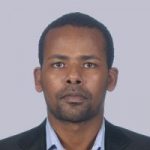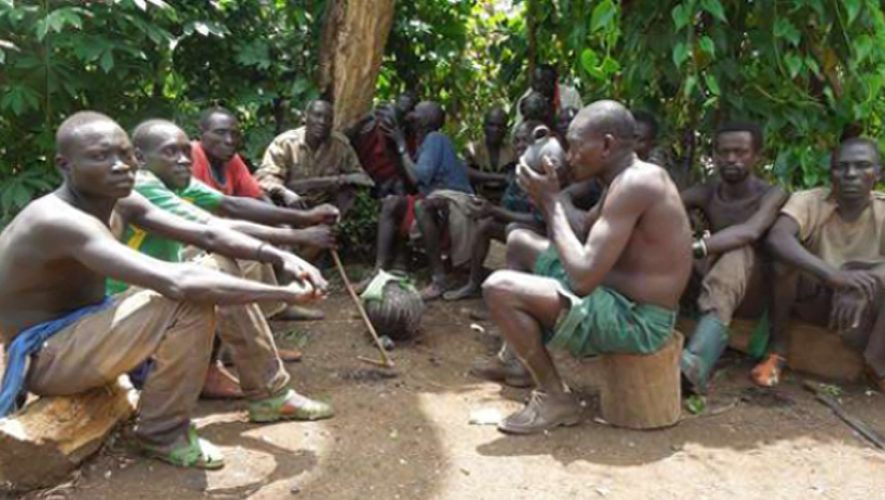Research indicates that children in small-scale cultures acquire many subsistence skills and knowledge relatively easily and quickly at an early age. However, the precise age and the developmental sequence of acquiring skills and knowledge are seldom described. Considerable debate also exists as to the importance of particular modes (e.g., vertical, horizontal, and oblique) and processes (e.g., role of teaching) of cultural transmission. This chapter examines some of these debates by focusing on how Chabu hunter-gatherer adolescents learn to spear hunt. Informal and structured interviews and systematic behavioral observations (focal follows) were utilized to try and understand when and how adolescent males learned to spear hunt. Data indicate that Chabu adolescents start learning to spear hunt in middle childhood (6–7 years of age) through play hunting (i.e., role-playing and collaborative learning) with their peers and listening to stories from their fathers. Adolescents learned the various skills and knowledge of spear hunting at different ages from multiple people, and they preferred to go on actual hunts with knowledgeable people and close friends. The data provide some support for model-based selective trust hypotheses. Oblique modes of cultural transmission were more common than vertical and horizontal forms of transmission during the acquistion of adolescent spear hunting and data from focal follows revealed that various forms of teaching were important to learning how to spear hunt.
Dira S.J., Hewlett B.S. (2016) Learning to Spear Hunt Among Ethiopian Chabu Adolescent Hunter-Gatherers. In: Terashima H., Hewlett B. (eds) Social Learning and Innovation in Contemporary Hunter-Gatherers. Replacement of Neanderthals by Modern Humans Series. Springer, Tokyo
 Dr. Samuel J. Dira is Professor of Cultural Anthropology, Ethnographic Research Specialist in the Department of Anthropology & Geography in The Missional College at Missional University. His academic credentials include a B.A. in Sociology and Social Administration and an M.A. in Regional and Local Development Studies from Addis Ababa University (Ethiopia) and a PhD in Anthropology from Washington State University (USA). Previously he served as Social Development Officer for World Vision International in Ethiopia.
Dr. Samuel J. Dira is Professor of Cultural Anthropology, Ethnographic Research Specialist in the Department of Anthropology & Geography in The Missional College at Missional University. His academic credentials include a B.A. in Sociology and Social Administration and an M.A. in Regional and Local Development Studies from Addis Ababa University (Ethiopia) and a PhD in Anthropology from Washington State University (USA). Previously he served as Social Development Officer for World Vision International in Ethiopia.
